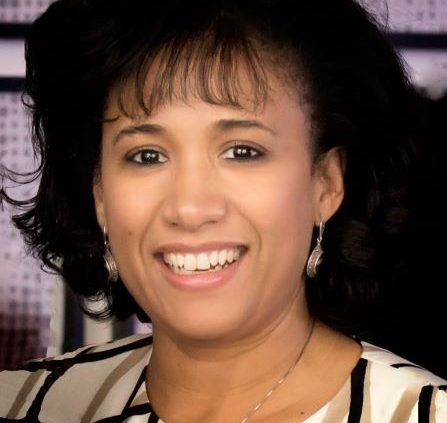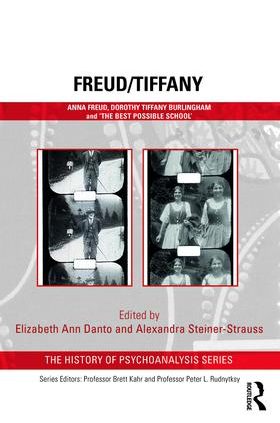Defects in the Process of Representation in Early Childhood
-
March 12, 2019
8:00 pm - 10:00 pm
NYPSI’s 1035th Scientific Meeting:
“Defects in the Process of Representation in Early Childhood: Consequences in Child Development and Analytic Technique in Dyadic Therapy”
Tuesday, March 12, 2019
8:00 – 10:00 pm
Presenter: Christine Anzieu-Premmereur, M.D., Ph.D.
Discussant: Patricia Nachman, Ph.D.
In this paper presentation Dr. Anzieu will discuss the normal and pathological development of representation in childhood. Using clinical examples, she will demonstrate the ways in which the child’s analyst can foster the process when it has gone off track. By integrating Freud’s idea of autoeroticism and early instinctual life with concepts from Klein, Winnicott, and Bion, she will describe the formation of the child’s self and will consider how its representation progresses from an initially symbiotic double of the mother to a differentiated object.
In doing psychoanalytically informed work with children, the analyst encounters behaviors, anxiety states, and syndromes that may be said to result from a failure of the early symbolization process. A discharge of tension, as opposed to play, reveals the failure of association between representation and emotion. Why the child acts rather than plays, why behavioral problems are on the rise, and how both relate to a failure in the capacity for representation, a failure that leads to severe anxieties and other disorders in the absence of loved ones, will therefore provide the focus of the discussion.
2 CME/CE credits offered.
Christine Anzieu-Premmereur is a psychiatrist and psychoanalyst in private practice in NYC. A member of the Société Psychanalytique de Paris and the New York Psychoanalytic Society & Institute, she is on the faculty of the Columbia Psychoanalytic Center for Training and Research, where she directs the Parent-Infant Psychotherapy Training Program, and Assistant Clinical Professor in Psychiatry at Columbia University. Among her several publications, Dr. Anzieu-Premmereur most recently co-edited A Psychoanalytic Exploration of the Body in Today’s Psychoanalysis.
Patricia A. Nachman, Ph.D. is a clinical psychologist and child and adult psychoanalyst in private practice in New York City and a member of the New York Psychoanalytic Society & Institute. She is an Attending Psychologist in the Department of Psychiatry, Mt. Sinai School of Medicine; and a Lecturer in Psychiatry at the Columbia College of Physicians and Surgeons.
Dr. Nachman is a former Assistant Professor of graduate psychology at the New School University and Director of the Margaret Mahler Observational Research Nursery; prior to that she was a Senior Research Scientist in the Laboratory for Developmental Processes headed by Dr. Daniel Stern in the Dept. of Psychiatry, New York Presbyterian Hospital, Cornell Medical College.
Educational Objectives: Upon completion of this activity, participants will be able to:
- Describe and critically evaluate the consequences of disorders in representational capacity.
- Evaluate the role of mental representation in psychic functioning.
- Identify techniques of analytic therapy in child and adult work in the theoretical context of representation and its deficit.



